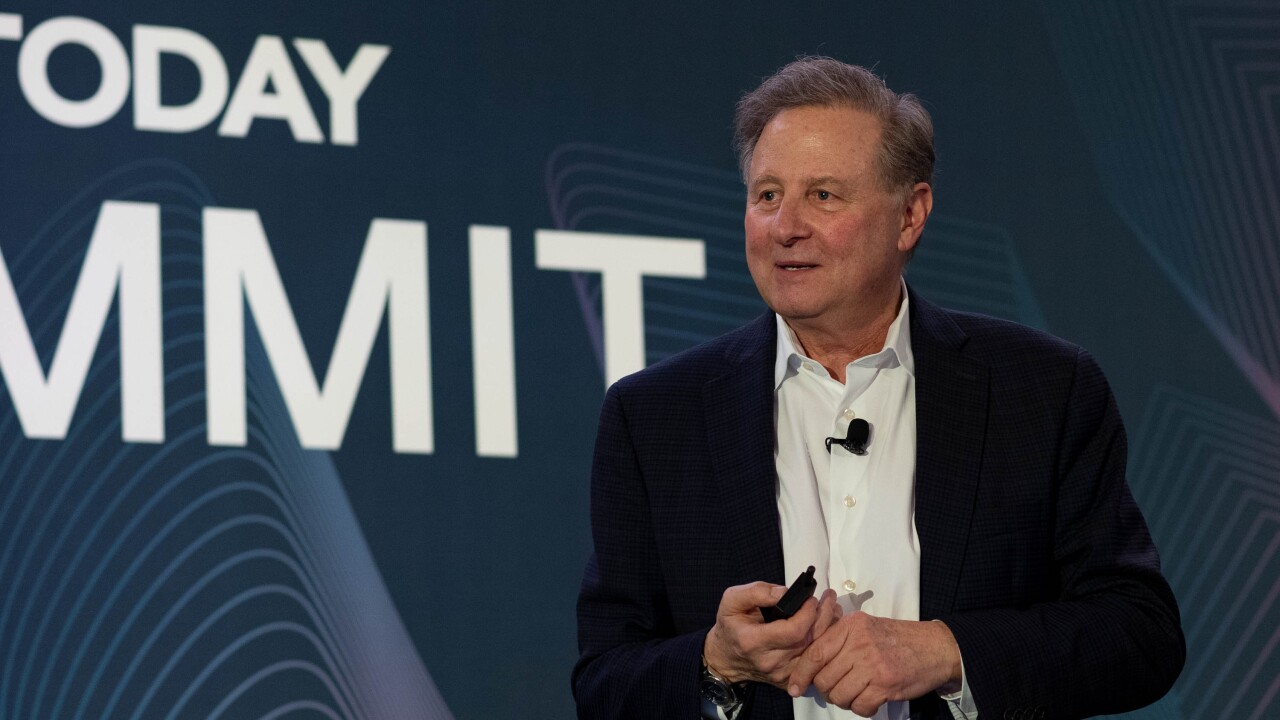Accountants need to watch out for the wide-ranging impact of blockchain, a technology popularized by digital currencies such as bitcoin.
Blockchain relies on “distributed ledger technology” to record transactions made with the virtual currency and uses encryption to safeguard security. The technology distributes the ledgers to different computers to preserve the audit trail and record ownership of the currency.
Amanda Wilkie, chief information officer at WithumSmith+Brown, discussed the ins and outs of the technology at a meeting of the Accountants Club of America on Tuesday in New York. She noted that bitcoin is considered a “cryptocurrency.” However, it isn’t the only blockchain currency out there. She pointed to a competitor known as Ethereum, which provides a currency called Ether. (The price of that currency, however, plummeted to a nine-month low on Monday.)
The increasing use of bitcoin has attracted the scrutiny of the Internal Revenue Service, which has requested information on bitcoin users from Coinbase, one of the largest bitcoin exchanges in the U.S., in search of possible tax evasion (see
While both bitcoin and Ether have had their ups and downs, banks and large accounting firms are starting to take notice of the possibilities of distributed ledger technology. Banks see the possibility of lowering their operating costs for clearance and settlement services by using blockchain, Wilkie noted.
In May Deloitte announced a partnership with ConsenSys Enterprise, a Brooklyn-based startup that is developing digital banking technology using Balanc3, a “triple-entry accounting” system built around Ethereum’s blockchain technology, Wilkie pointed out.
“How is this going to change the role of the auditor? In many ways, they are saying this technology will really provide a real-time audit,” said Wilkie. “Auditors are not going away, just like tax accountants didn’t go away when we had tax applications that now do tax returns. You’re still going to need people in the profession who can communicate with other human beings, who can take the information that is being produced by these applications and provide advisement. What happens to the auditor is he becomes more of an advisor.”
The American Institute of CPAs recently met with ConsenSys along with representatives from the Big Four accounting firms to discuss the technology, she noted.
“The profession, as well as the banking profession, is going to have to start getting involved so that we understand and are able to effectively apply these technologies,” said Wilkie.
She predicts that a wider impact won’t be seen for another few years, but blockchain technology could have as big an impact as earlier disruptive technologies such as mainframe computers, PCs, the internet, mobile devices and social media.
“We’re probably a good five years out before we really start seeing these impact our profession, but it’s definitely going to drive the efficiency through new processes and new infrastructure,” said Wilkie.” It’s going to revolutionize the way that transactional data is stored, audited and shared among people, and it’s going to significantly increase transparency among people in the market.”




